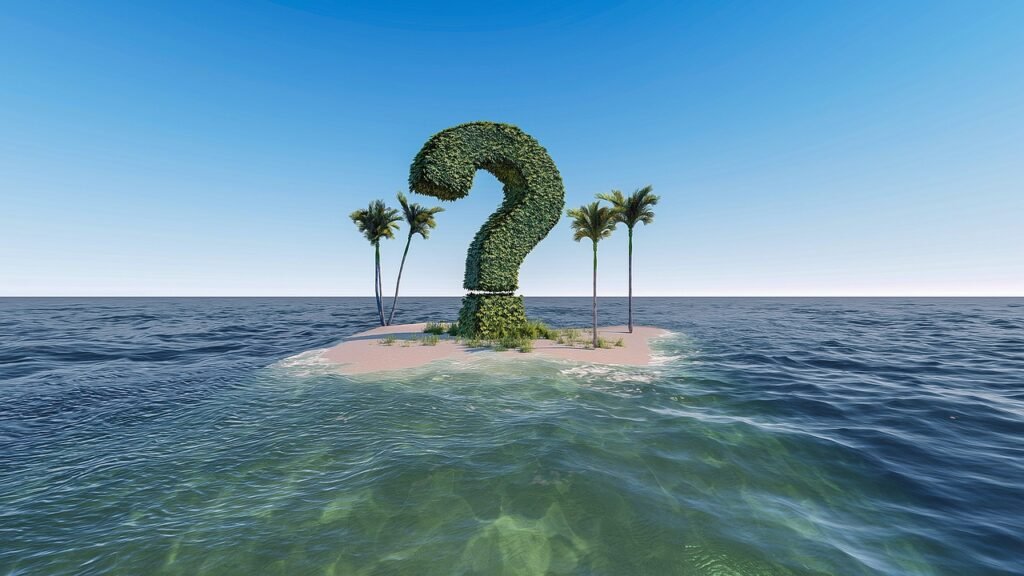When it comes to irrigation systems, many people tend to overlook the importance of filters. However, these filters play a critical role in ensuring the quality and effectiveness of your irrigation system. In particular, the mesh size of the filter determines the size of particles that can be removed from the water. In this article, we’ll explore the different mesh sizes available for irrigation filters and how they affect the efficiency of your system.
Are you experiencing clogged nozzles, emitters, or sprinklers in your irrigation system? The problem might be with the mesh size of your filters.
The efficiency of an irrigation system depends on several factors, including the quality of the water used. Water that contains sediments, debris, or other particles can clog the nozzles, emitters, or sprinklers and affect the uniformity of water distribution. This can lead to uneven plant growth, water waste, and increased maintenance costs. To prevent these problems, irrigation systems use filters to remove impurities from the water.
However, not all filters are the same. One critical factor that affects their performance is the mesh size of the filter. Mesh size refers to the number of wires or threads woven into a square inch of filter material. The smaller the mesh size, the finer the particles that can be trapped and removed from the water. In contrast, larger mesh sizes can only remove larger particles.
Understanding the Mesh Sizes of Irrigation Filters
Irrigation filters come in various mesh sizes, ranging from 40 to 200 mesh. The most common mesh sizes are 100 and 120.
- 40 mesh: This mesh size is the coarsest and can only remove particles larger than 400 microns, such as sand and gravel.
- 60 mesh: This mesh size can remove particles as small as 250 microns, including sand and sediment.
- 80 mesh: This mesh size can remove particles as small as 180 microns, including sand, sediment, and some algae.
- 100 mesh: This mesh size can remove particles as small as 150 microns, including sand, sediment, algae, and some small debris.
- 120 mesh: This mesh size can remove particles as small as 130 microns, including sand, sediment, algae, and most debris.
- 150 mesh: This mesh size can remove particles as small as 100 microns, including sand, sediment, algae, and some bacteria.
- 200 mesh: This mesh size is the finest and can remove particles as small as 75 microns, including sand, sediment, algae, bacteria, and some viruses.
Choosing the Right Mesh Size for Your Irrigation System
The mesh size you choose for your irrigation filter depends on the type of water source and the level of filtration required. If your water source is from a well, lake, or pond, you might need a finer mesh size to remove more impurities. In contrast, if your water source is from a municipal supply, you might need a coarser mesh size since the water is already treated.
Another factor to consider is the level of filtration required. For example, if you are using a drip irrigation system, you might need a finer mesh size to prevent clogging of the emitters. On the other hand, if you are using a sprinkler system, a coarser mesh size might be sufficient.
Maintenance of Irrigation Filters
Regardless of the mesh size you choose, it’s essential to maintain your irrigation filters regularly. Over time, the filters can become clogged with debris and sediment, reducing
the efficiency of your irrigation system. To prevent this, you should clean or replace the filters periodically, depending on the level of usage and the water quality.
Cleaning the filters involves removing them from the system, washing them with clean water, and replacing them back. However, if the filters are severely clogged or damaged, you might need to replace them altogether.
In summary, irrigation filters play a crucial role in ensuring the quality and effectiveness of your irrigation system. The mesh size of the filter determines the size of particles that can be removed from the water, with finer mesh sizes being able to remove smaller particles. When choosing the mesh size, consider the type of water source and the level of filtration required for your system. Regular maintenance, including cleaning or replacement, is also essential to keep the filters working efficiently. By understanding and taking care of your irrigation filters, you can prevent clogged nozzles, emitters, and sprinklers, leading to more uniform plant growth, water conservation, and reduced maintenance costs.


